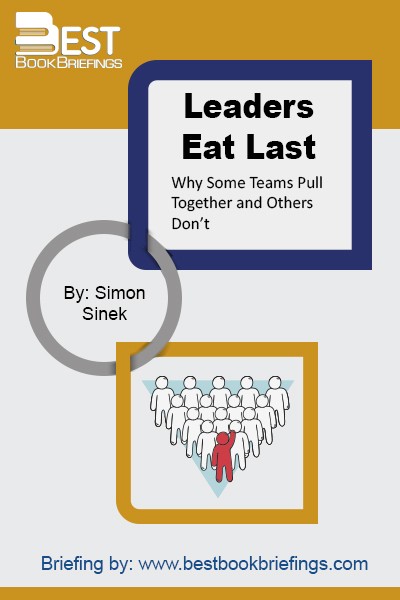Leaders Eat Last
Why Some Teams Pull Together and Others Don’t
Editorial Review
Leaders Eat Last attempts to help us understand why we do what we do. Almost all of the systems in our bodies have evolved to help us find food, stay alive and advance the species. However, for a lot of the world, and certainly throughout the developed world, finding food and avoiding danger no longer preoccupy our days. We no longer hunt and gather, at least not in the caveman sense. In our modern world, advancing our careers and trying to find happiness and fulfillment are the definition of success. But the systems inside us that guide our behavior and decisions still function as they did tens of thousands of years ago. Our primitive minds still perceive the world around us in terms of threats to our well-being or opportunities to find safety. If we understand how these systems work, we are better equipped to reach our goals. At the same time, the groups in which we work are better able to succeed and thrive as well.
Book Reviews
Books on Related Topics

There is a naturally occurring pattern, a way of thinking, acting and communicating that makes some leaders able to inspire others. Those leaders may have come into the world with a predisposition to inspire. However, this ability is not reserved for them exclusively. We can all learn this way of thinking
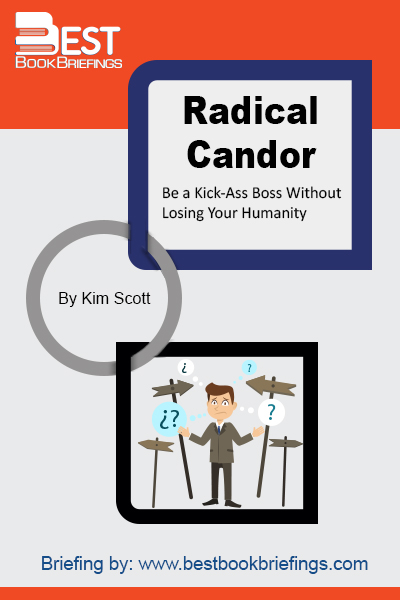
Radical Candor is a simple idea: to be a good boss, you have to Care Personally at the same time that you Challenge Directly. When you challenge without caring it’s obnoxious aggression; when you care without challenging it’s ruinous empathy. When you do neither it’s manipulative insincerity. This simple framework can help
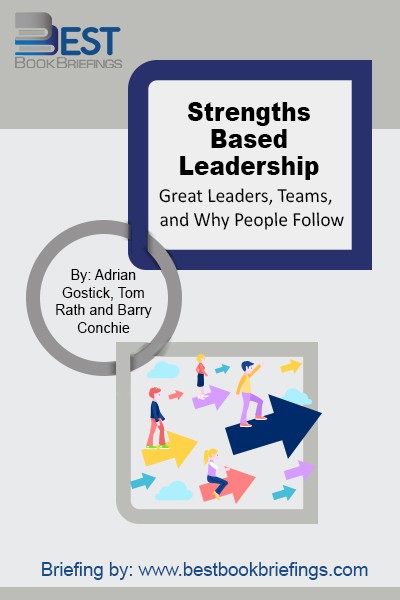
In Strengths Based Leadership, #1 New York Times bestselling author Tom Rath and renowned leadership consultant Barry Conchie reveal the results of their research. Based on their discoveries, the book identifies three keys to being a more effective leader: knowing your strengths and investing in others’ strengths, getting people with the
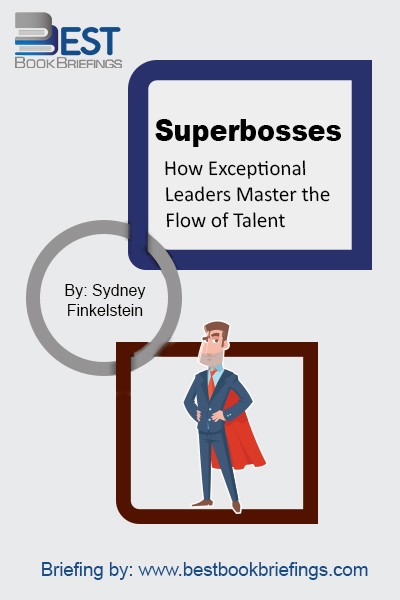
Why do perfectly good companies have to die? They don’t. Companies can avoid or overcome almost any business challenge with the right talent. It’s when organizations don’t regenerate their talent—and with it their supply of new ideas, approaches, and solutions—that they flounder. The wisdom of talent spawner—whom we call superbosses—isn’t merely
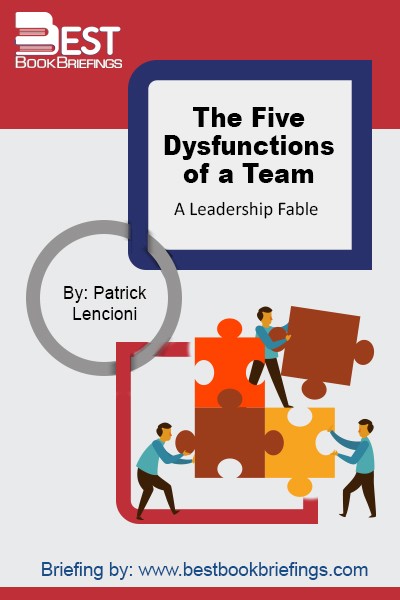
Perhaps more than any of the other dysfunctions, the leader must set the tone for a focus on results. If team members sense that the leader values anything other than results, they will take that as permission to do the same for themselves. Team leaders must be selfless and objective and
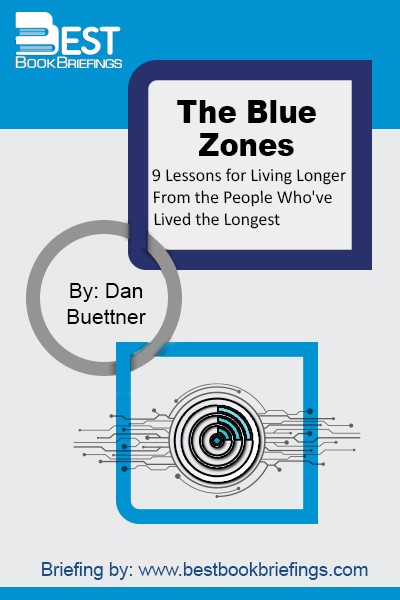
The way to learn longevity secrets is to find a culture, a Blue Zone, where the proportion of healthy 90- or 100-year-olds to the overall population is unusually high. The world’s healthiest, longest-lived people have many things to teach us about living longer, richer lives.To identify the secrets of longevity, our

